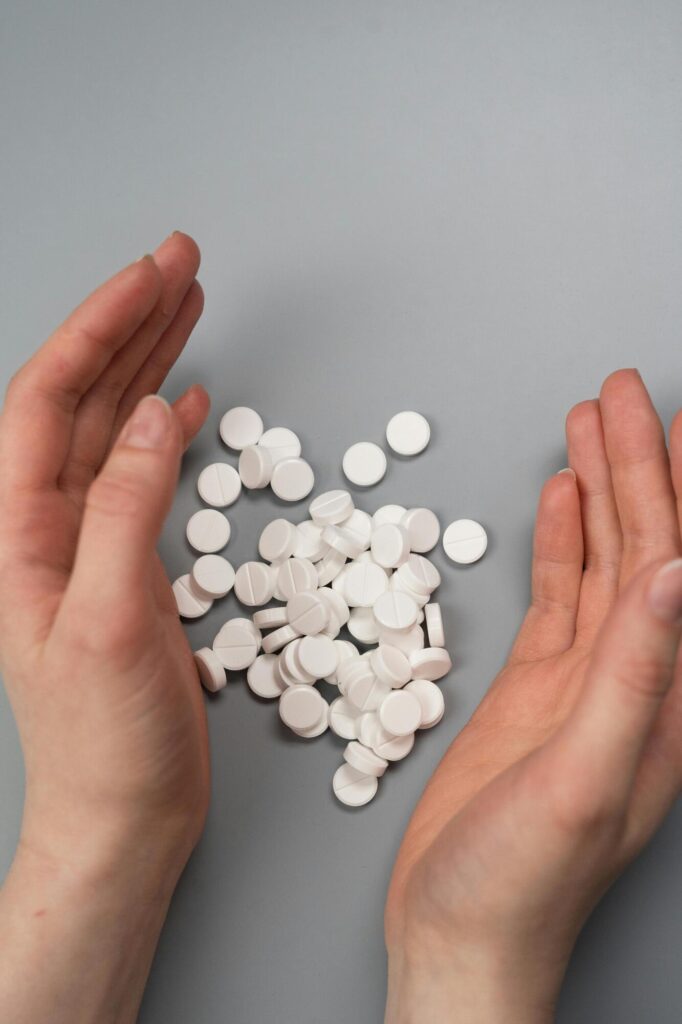Beating alcohol addiction is tough and full of ups and downs. One of the hardest parts is dealing with strong cravings that can make people slip back into drinking. Lately, a medicine called naltrexone has become a big help for those trying to stay sober. It works by lowering cravings and helping people stay on track with their recovery.
For many, naltrexone is a powerful tool in the fight to live sobriety from alcohol. Let’s take a closer look!
Understanding Naltrexone
Naltrexone is a medicine approved by the FDA that primarily works by blocking opioid receptors in the brain. It was first made to help people with opioid addiction, but research showed it can also help with alcohol use disorder.
When someone takes naltrexone, it prevents alcohol from producing the usual pleasurable effects. This makes drinking less enjoyable and helps lower the urge to drink. Because of this, naltrexone can be a key part of preventing relapse.
How Naltrexone Reduces Cravings
Naltrexone helps reduce strong cravings for alcohol. When the urge to drink is lower, it becomes easier to say no and stay on the path to recovery. This makes naltrexone an important support for many people working to stay sober.
Preventing Relapse
Preventing relapse is key for anyone working toward sobriety. When used along with counseling and support groups, naltrexone can help improve treatment results.
The medication works by diminishing the pleasurable sensations associated with drinking, making alcohol less appealing. This helps people focus on their recovery without being overwhelmed by strong urges to drink.
The Importance of Adherence
For naltrexone to work well, it’s important to take the medication regularly. Some people might forget or feel unsure about taking their medicine.
Using reminders or having support from others can help them stay on track. People who follow their naltrexone plan closely are more likely to stay sober for the long run.
Combining Naltrexone with Other Therapies
By alone, naltrexone is not a cure. It is most effective when combined with therapies such as motivational interviewing and cognitive-behavioral therapy (CBT).
These therapies help people deal with the mental side of addiction by teaching coping skills and building emotional strength. Using both naltrexone and therapy together leads to better results for those trying to stay sober.
What to Expect When Taking Naltrexone
Individuals starting on naltrexone may experience side effects like nausea, headache, or dizziness initially. However, these symptoms often diminish with time.
It’s advisable to discuss any concerns with a healthcare provider, who can help navigate the treatment process and adjust dosages if necessary. Understanding how naltrexone works for alcohol use can ease anxieties and pave the way for a smoother recovery journey.
Sobriety from Alcohol: Embracing a Sober Future
Naltrexone is an important help in the fight against alcohol addiction. It lowers cravings, reduces the chance of relapse, and works well with other treatments to support long-term recovery. If you or someone you care about is struggling with alcohol use, considering naltrexone as part of a comprehensive treatment plan could be a step toward a better, sobriety from alcohol.
Is this article helpful? Keep reading our blog for more.






